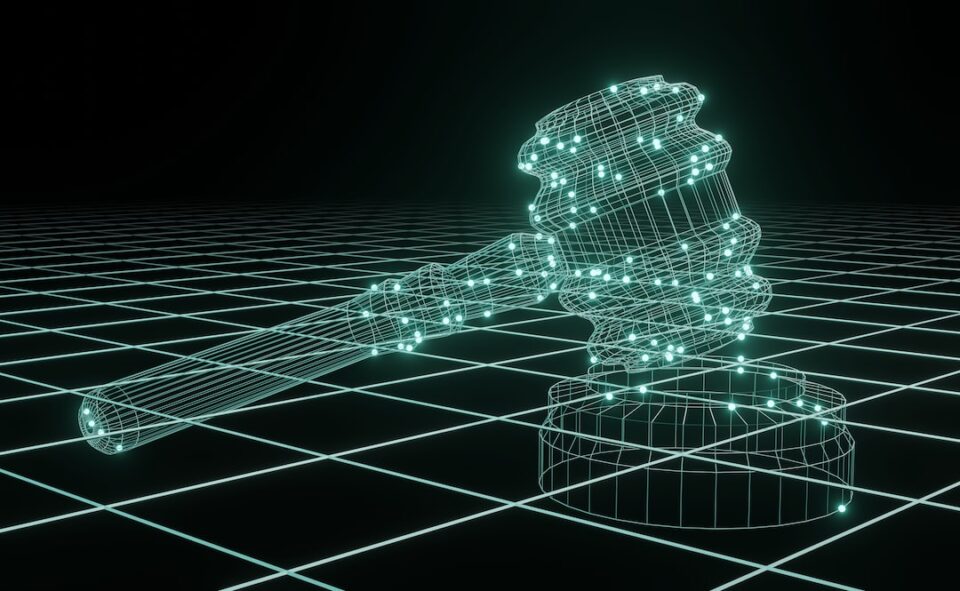The Patriot Act is a controversial piece of legislation in the United States that was passed into law in response to the terrorist attacks on September 11, 2001. The legislation was intended to improve national security and provide law enforcement agencies with the tools they needed to prevent future attacks from occurring. However, many people have raised concerns about the impact of the Patriot Act on civil liberties in the United States.
One of the most significant impacts of the Patriot Act on civil liberties is the erosion of individual privacy rights. The Act allows law enforcement agencies to conduct surveillance on individuals without obtaining a warrant, which goes against the Fourth Amendment of the United States Constitution that protects citizens from unreasonable searches and seizures. This has led to the monitoring of activities such as phone calls, emails, and internet use, as well as the collection of personal information such as financial records and travel histories.
Another impact of the Patriot Act on civil liberties is the expansion of government power. The legislation gives the government the authority to detain and interrogate individuals suspected of being involved in terrorism without charges or trial. This provision of the Act violates the Fifth Amendment of the Constitution, which guarantees due process of the law to all individuals. The government’s increased surveillance powers also allow law enforcement agencies to engage in racial and religious profiling, targeting certain groups based on their ethnicity or religion rather than any evidence of wrongdoing.
The Patriot Act has also had an impact on freedom of speech and the press. The legislation allows the government to classify certain materials as “terrorist” related and criminalizes the publication of such material. This puts journalists and publishers at risk of prosecution for simply reporting on issues related to national security. This provision has been criticized for undermining the freedom of the press and the public’s right to know.
The Act has also been criticized for the lack of oversight and accountability in the implementation of its provisions. Many of the surveillance activities authorized under the Patriot Act are conducted in secret, with no opportunity for public scrutiny or oversight. This lack of transparency has been a cause for concern for civil liberties advocates, who argue that such actions are ripe for abuse and could lead to further violations of individual rights.
In conclusion, the Patriot Act has had a significant impact on civil liberties in the United States. While there is no doubt that national security is an important issue, many of the provisions of the Act have gone too far in undermining the fundamental rights that are enshrined in the Constitution. The expansion of government power, the erosion of individual privacy, and the restrictions on freedom of speech and the press are all issues that need to be addressed if we are to preserve the foundations of our democracy. It is therefore important that we continue to have a robust public debate on the impact of the Patriot Act on civil liberties and work towards a balance between national security and individual rights.

